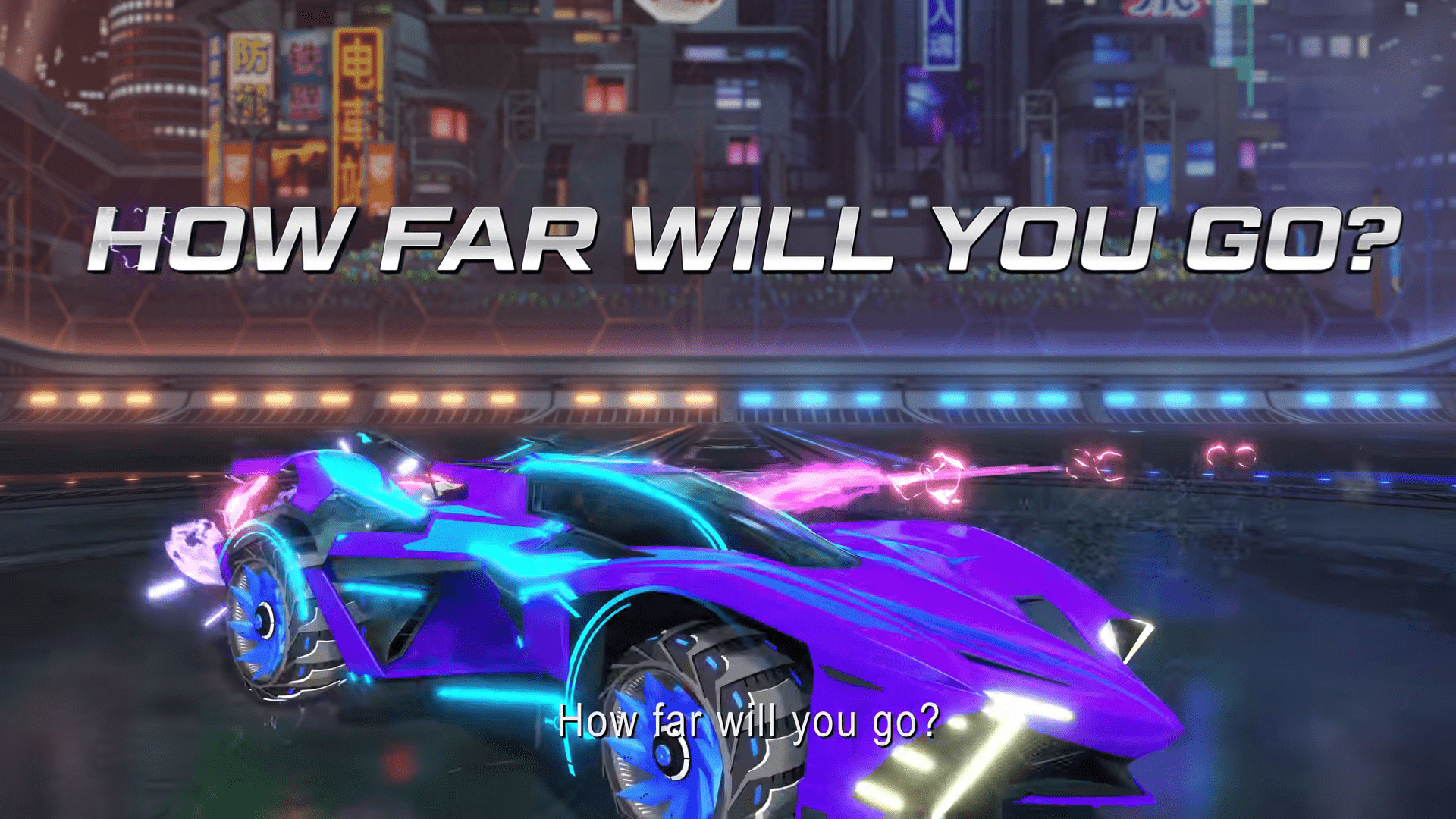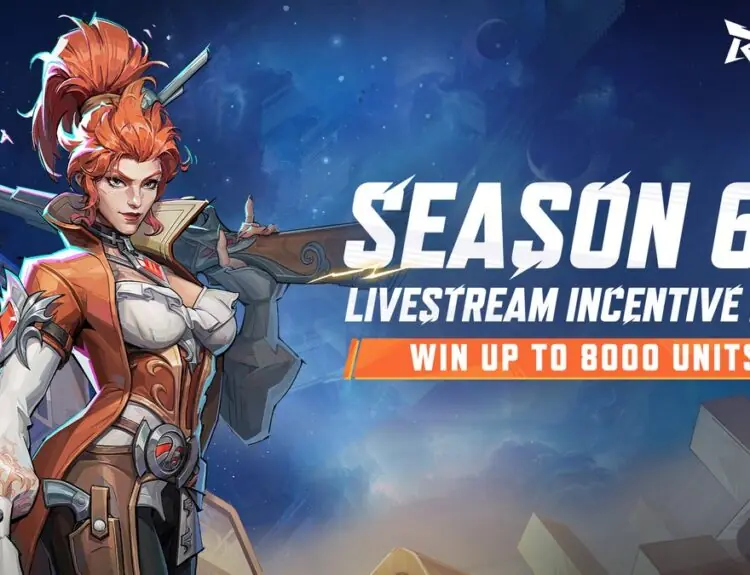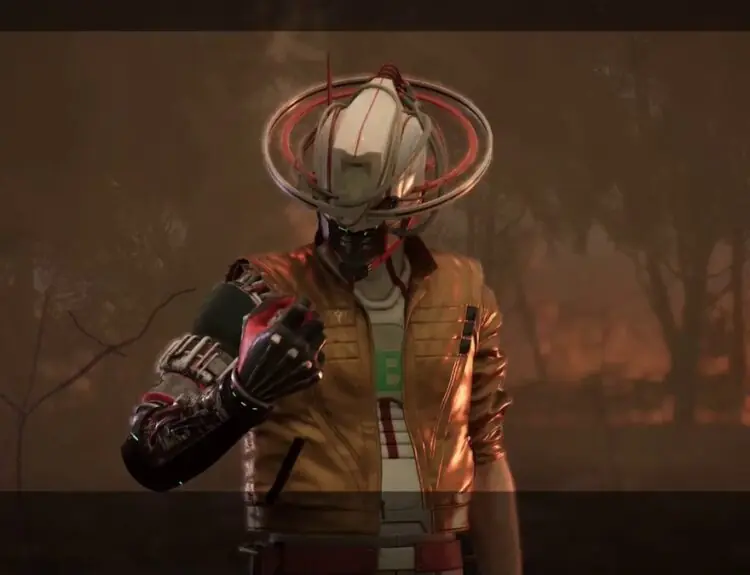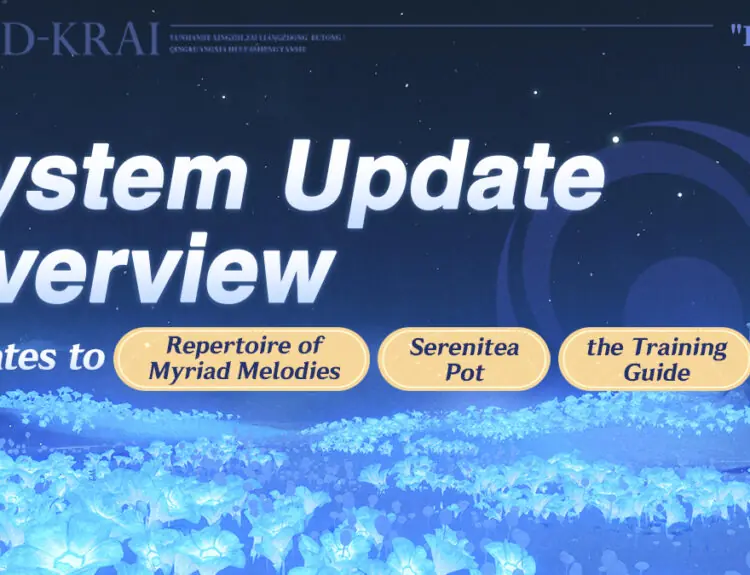Rocket League has recently done away with the crate system, opting instead for a tremendously pricey blueprint system that had many fans scratching their heads in terms of arbitrary price points affixed to various item rarities. With the amount of items readily available for trade on Rocket League trading websites being exchanged for 10% of what the item costs to put together, decryptors now being a thing of the past, and almost everything costing money, the game is now suffering in the eyes of its long-time fans.
Today, Psyonix has dropped the price of many of their items ‘in direct response to audience feedback’. Although this move was predicted by many on Reddit and Twitter, that Psyonix and Epic would drop item prices after predictable outrage, to assure fans that they were being listened to.
Granted, the prices have dropped greatly.
- Rare: 50 – 100 Credits
- Very Rare: 100-200 Credits
- Import: 300-500 Credits
- Exotic: 700-800 Credits
With each credit costing $0.01, it’s still far cheaper to trade for items that you want than to participate in the new item shop.
Alongside today's v1.71 update, we're making changes to Item Shop and Blueprint prices. More details: https://t.co/PlhppaecOa pic.twitter.com/2LU3W8gjiH
— Rocket League (@RocketLeague) December 11, 2019
This is interesting primarily due to it being a readily available example of price anchoring, as it’s known in the business. When bringing a new product to market, or perhaps refreshing the price points, the business has the responsibility of figuring out what a fair market price would be. Ensuring a fair market price encourages consumers to buy, interacting with the business and products that ideally result in further purchases.
Admittedly, it’s very difficult to get right. Too low, and the business becomes stagnant in terms of profit or leaves money on the table. Too high, and you face consumer backlash, a lack of sales, and worst-case-scenario of your customers leaving for another business.
Price anchoring levies this difficult balance in favor of psychology. The business comes out with exorbitant prices (like USD $24 for a skin, in Rocket League’s case), that causes planned backlash. The exorbitant prices still catch a couple of consumers who are actually willing to pay the high price. Then, the company capitulates, says something about listening to feedback, and drops them to a price that would still be higher than most would like.
However, the price was firmly anchored already as expensive; there’s less backlash about the actual planned price being higher than others would like, as the company has already capitulated. Consumers look at this as a fantastic deal when they would have otherwise scoffed at the notion of paying so high a price.
Many fans on Reddit and Twitter are maintaining a ‘no-purchase’ policy moving forward with Psyonix out of frustration.
Those who have spent money to receive credits to receive an item (whew), will receive the difference in credits back to their in-game wallet. The money is gone.
Whether this newest confusion comes from Psyonix or Epic is currently a point of contention among fans, although one thing is sure; fans are furious with them both.







